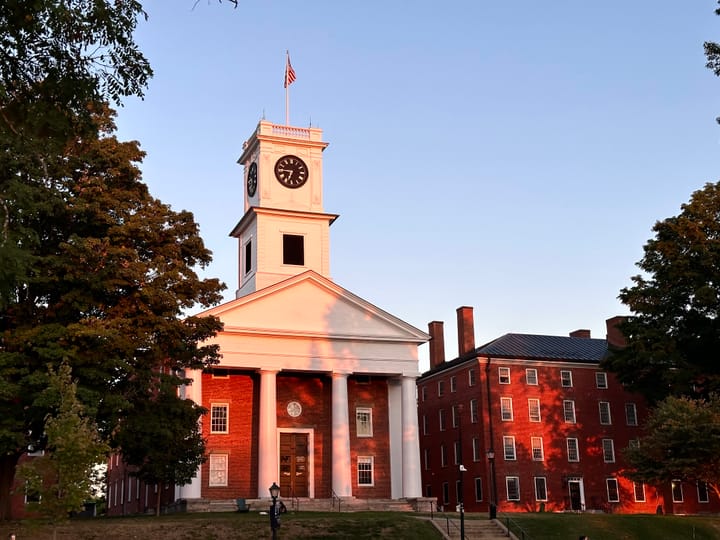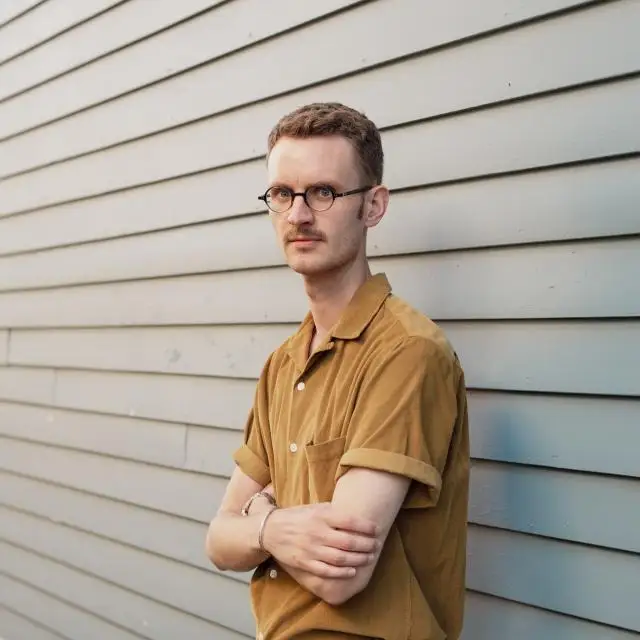Faculty charges CAP with curricular investigations
President Anthony Marx started the discussion by clarifying the purpose of the CAP and introducing his charge to the CAP, which he had distributed to the faculty prior to the meeting. Marx charged the CAP with developing “proposals to meet the academic needs of the College over the next decade and beyond. … The outcome of the discussion will inform the stated goals of a comprehensive fundraising campaign and be a resource for other kinds of institutional planning.”
Marx explained that the CAP will serve as an umbrella committee for several pre-existing committees and groups that address different aspects of academics at the College, including the Committee on Educational Policy (CEP), the Interterm Committee and the President’s Initiative Fund.
“It is notable that this is called the Committee on Academic Priorities because it is my belief that academics must come first in this process,” said Marx. “Academics will set the discussion but we will bring in other aspects [like admissions and financial aid] as necessary.”
Professor of English Barry O’Connell noted three areas he worries the CAP will overlook in its process: the College needs a working group on the arts; the CAP needs to ask difficult questions of departments to get information that departments are unlikely to report on their own, like the possibility of abolishing or combining departments; and the current working groups, including the CAP, need to be more accessible to non-members, starting with having public agendas and open meetings. Several professors echoed O’Connell’s last point about the importance of getting as much input as possible.
Professor of Jurisprudence and Political Science Austin Sarat said he believes the faculty has already been left out of the process. “It feels to me that discussion of the CAP should have come to the faculty a little bit earlier,” he said. “I hope that you and the committee will think about new forms of deliberation, not the same old ways.” Sarat also asked if the trustees had set a number of faculty members that could be added.
Marx said that the CAP will discuss the academic goals of the College and individual departments rather than making recommendations for specific allocations of new faculty. “What the College should look like depends more on the faculty than any other group [when it comes to implementation],” Marx said. “I think it’s good that the trustees have taken a step back.” According to Marx, the CAP is unusual for the College and among committees at peer institutions because there are no trustees on the CAP itself, although the trustees will monitor its progress and will be presented with CAP’s final recommendations.
Dean of the Faculty Greg Call said there is no pre-set number of positions open for new-faculty hires. “There isn’t a ballpark [figure of new faculty positions], but there is a ball and we need to move the ball forward,” he said.
Professor of German Christian Rogowski expressed concern that new faculty would lead to a shortage of resources at the College, from offices and classrooms to reserved study areas in the library. Marx explained all of these issues are within the purview of the CAP and would be considered.
According to Marx, the board of trustees called a meeting of the CEP, CAP and Committee of Six-the faculty committee with general oversight duties-to occur at the end of the month to discuss justifications and possibilities for significantly increasing the size of the faculty, which is a likely outcome of the deliberations of the CAP.
Marx also announced that he has formed the search committee for a permanent dean of the faculty. He added that Call’s tenure was limited to the first two years of Marx’s presidency. Professor of Physics Kannan Jagannathan will chair the committee, which will conduct a national search to fill the position.
The Committee of Six presented two amendments to the faculty handbook regarding reappointment procedures. The amendments were sent back to the Committee of Six to clarify ambiguous grammar and punctuation.
Professor of Sociology and American Studies Jan Dizard explained the purpose of the amendments was to standardize the reappointment process across departments to reduce the stress of the reappointment procedure on young faculty by removing ambiguity.
Professor of Political Science Thomas Dumm said that he would vote against any revision to the reappointment process because the process has become a mini-tenure review and is already too stressful without putting additional specific demands on young faculty.





Comments ()